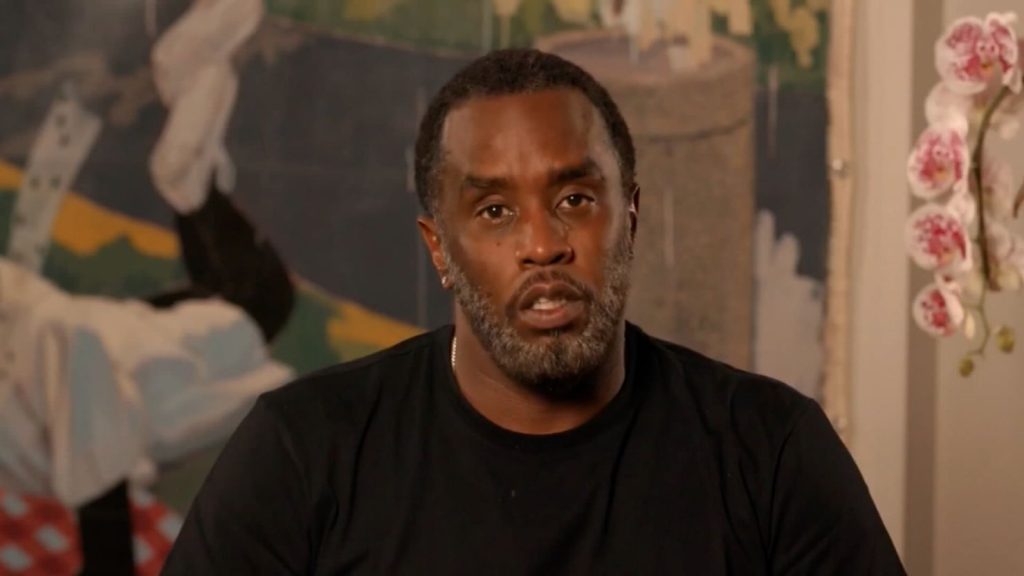Judge rules civil lawsuit against Sean ‘Diddy’ Combs cannot proceed under a pseudonym
3 min read

A federal judge has ruled that a woman accusing Sean “Diddy” Combs of sexual assault must proceed with her lawsuit under her real name, emphasizing Combs’ right to defend himself in court. The decision was made by Judge Mary Kay Vyskocil, who articulated that the presumption of openness in judicial proceedings outweighs the plaintiff’s desire for anonymity.
In her opinion, Judge Vyskocil posed a critical question: whether the plaintiff has a substantial privacy interest that exceeds the fundamental transparency of the legal system. She concluded that the defendant’s right to investigate claims against him, coupled with the public’s interest in knowing who is utilizing the judicial system, necessitates the disclosure of the plaintiff’s identity.
The plaintiff, a Tennessee woman, filed her lawsuit under the pseudonym “Jane Doe,” alleging that Combs raped her in 2004 when she was just 19 years old. This case is among several lawsuits filed against Combs following his recent arrest on charges related to sex trafficking and racketeering. While these lawsuits are filed individually and before different judges, Judge Vyskocil’s ruling could have implications for the other cases, which are similarly brought by individuals using pseudonyms.
Judge Vyskocil has mandated that the woman must file her lawsuit under her real name by November 13; otherwise, the case will be dismissed. In response to the ruling, representatives for Combs indicated that they would refrain from commenting further, stating, “We have no formal statement as the ruling speaks for itself.”
Combs, who has pleaded not guilty to the charges against him, continues to deny any wrongdoing. CNN has sought comments from representatives for the plaintiff regarding the court’s decision.
The woman’s legal team argued that allowing her to proceed under a pseudonym was necessary due to her fear of potential physical harm from Combs. However, the judge countered this argument, noting that Combs has had no contact with the plaintiff for approximately twenty years, and he is currently detained as he awaits trial. Judge Vyskocil pointed out that the plaintiff’s own submissions did not indicate any current threat to her safety.
The court found that “public humiliation” alone does not justify keeping the plaintiff’s identity concealed. Judge Vyskocil referenced other lawsuits filed against Combs where plaintiffs have publicly disclosed their identities, suggesting that this practice is commonplace in such cases.
In her ruling, the judge acknowledged the challenges that come with being a public figure, recognizing that the plaintiff might face scrutiny by the media and the public if she proceeds in her own name. However, she maintained that the plaintiff’s desire to avoid embarrassment does not outweigh the interests of both Combs and the public in maintaining transparency in legal proceedings.
The judge emphasized that Combs has the right to know the plaintiff’s identity to effectively investigate her claims. She rejected the assertion from the plaintiff’s attorneys that the defendants could answer and conduct discovery without knowing her identity, stating that such reasoning lacked credibility.
Overall, the ruling highlights the court’s commitment to upholding the principles of transparency and fairness within the judicial system. It also underscores the balance that courts strive to maintain between protecting the privacy of individuals involved in sensitive cases and ensuring that defendants can adequately defend themselves against allegations.
As the deadline for the plaintiff approaches, the outcome of this case will not only affect her but could also set a precedent for other similar lawsuits filed against high-profile figures in the future.